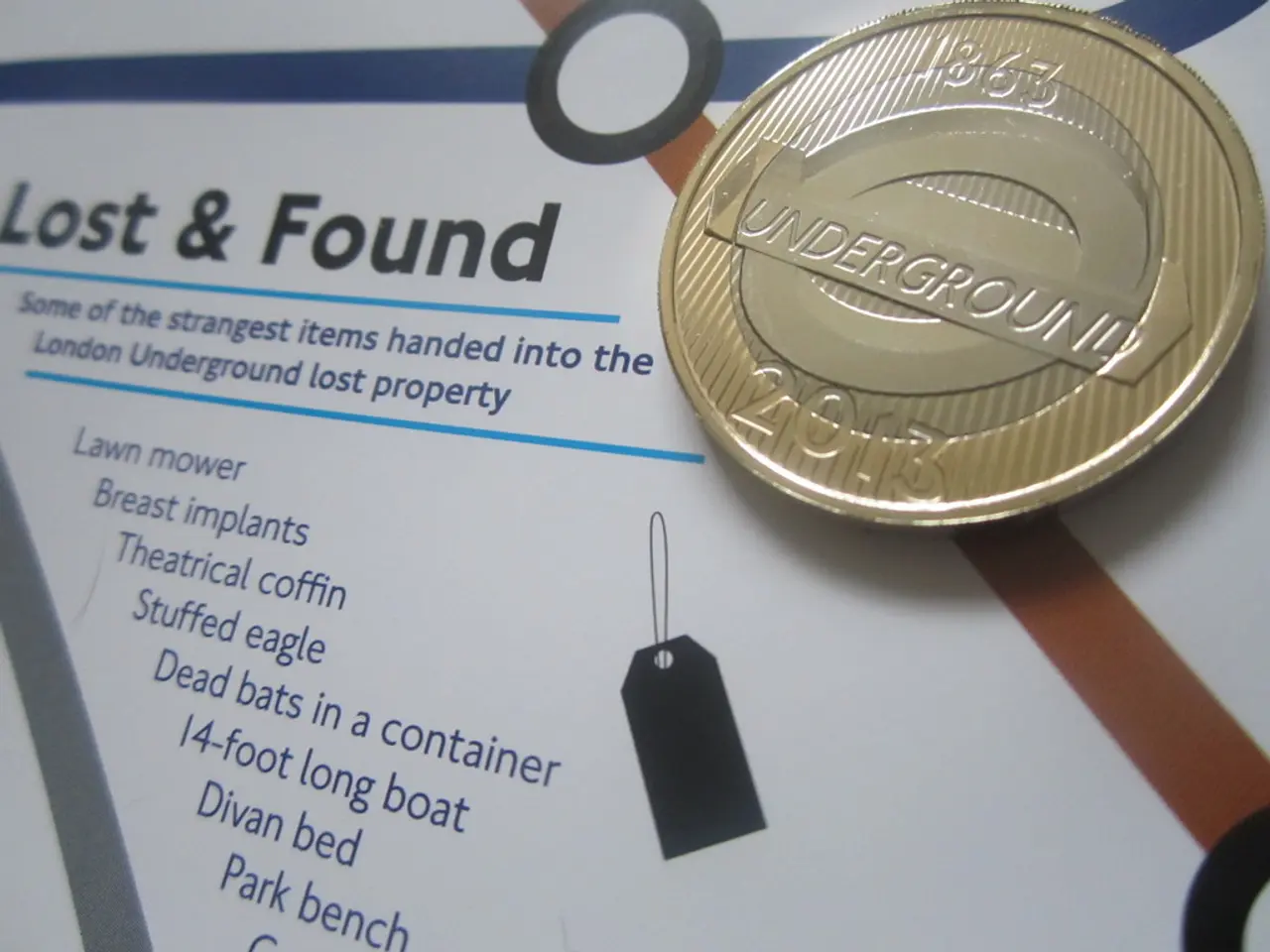Parliamentarians Advocate for Assessing Bitcoin Mining
A proposal submitted by members of the French parliament on June 12, 2025, aims to optimise the French energy sector through Bitcoin mining. If Amendment No. 547 is accepted by the National Assembly, it could provide valuable positive insights for the Parliament and the public, and create a foundation for future political decisions.
The proposal highlights Bitcoin mining's high flexibility, which enables targeted utilisation of excess energy, network stabilisation, and optimisation of the operation of nuclear power plants. This could help extend the lifespan of these plants by reducing modulation cycles and thus wear.
The report, which is expected within one year of the law on the restructuring of the energy sector coming into force, will investigate whether and how Bitcoin mining could be used to monetise renewable and nuclear excess energy, stabilise power grids, use waste heat for urban or industrial purposes, and integrate mining into energy planning.
The potential for a sustainable French mining industry that primarily relies on renewable energy sources and nuclear power has been emphasised. Numerous sustainable projects demonstrate the potential of Bitcoin mining for reducing emissions through heat recovery in various areas, such as heating, recycling, car washes, food production, and drinking water production.
German company terahash.energy GmbH is particularly engaged in industrial solutions for Bitcoin mining in Europe. In Germany, Telekom MMS is experimenting with the integration of Bitcoin mining facilities into the power grid as an ideal complement to renewable energy sources.
The successful optimization of nuclear power plants through Bitcoin mining has been proven by studies and implemented by companies like Talen Energy and Terawulf. Representatives from other political spectra, such as former President François Hollande and the current Digital Minister Clara Chappaz, have shown openness towards the Bitcoin industry and the use of excess nuclear energy for Bitcoin mining.
It is worth noting that the demand for a report on the possibilities of Bitcoin mining technology to optimise electricity grids in France in 2025 remains unclear. A study has validated the concept of Bitcoin mining as a flexible energy consumer and power grid stabiliser in practical examples, such as in Japan and the USA.
The author, Stefan, is a media scientist and sinologist, and works independently in the artistic-publistic field, with a particular interest in the social and ecological aspects of Bitcoin and Bitcoin mining. Marine Le Pen proposed the use of Bitcoin mining to make the national power grid more efficient and sustainable on March 11, 2025. If accepted, this proposal could pave the way for a more sustainable and cost-effective energy system in France.




